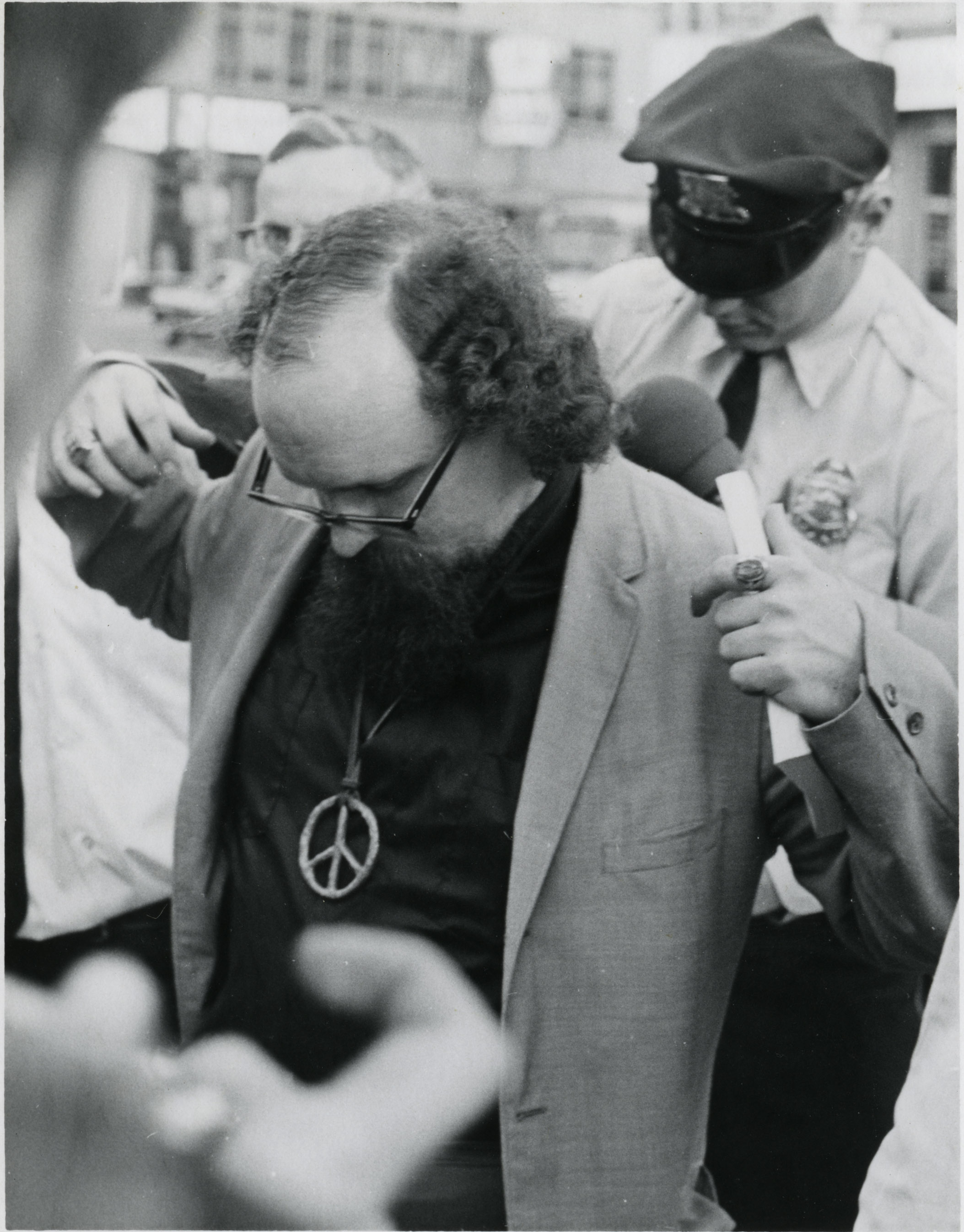Liberation News Service Records

In 1967, Marshall Bloom and Raymond Mungo, former editors of the student newspapers of Amherst College and Boston University, were fired from the United States Student Press Association for their radical views. In response they collaborated with colleagues and friends to found the Liberation News Service, an alternative news agency aimed at providing inexpensive images and text reflecting a countercultural outlook. From its office in Washington, D.C., LNS issued twice-weekly packets containing news articles, opinion pieces, and photographs reflecting a radical perspective on the war in Vietnam, national liberation struggles abroad, American politics, and the cultural revolution. At its height, the Service had hundreds of subscribers, spanning the gamut of college newspapers and the underground and alternative press. Its readership was estimated to be in the millions.
Two months after moving to New York City in June 1968, the LNS split into two factions. The more traditional Marxist activists remained in New York, while Bloom and Mungo, espousing a broader cultural view, settled on farms in western Massachusetts and southern Vermont. The story of LNS, as well as of the split, is told in Mungo’s 1970 classic book Famous Long Ago. By 1969 Bloom’s LNS farm, though still holding the organization’s original press, had begun its long life as a farm commune in Montague, Mass. Montague (whose own story is told in Steve Diamond’s What the Trees Said) survived in its original form under a number of resident groups until its recent sale to another non-profit organization. Mungo’s Packer Corners Farm, near Brattleboro, the model for his well-known book, Total Loss Farm, survives today under the guidance of some of its own original founders.
The LNS Records include a relatively complete run of LNS packets 1-120 (1967-1968), along with business records, miscellaneous correspondence, some artwork, and printing artifacts, including the LNS addressograph.
